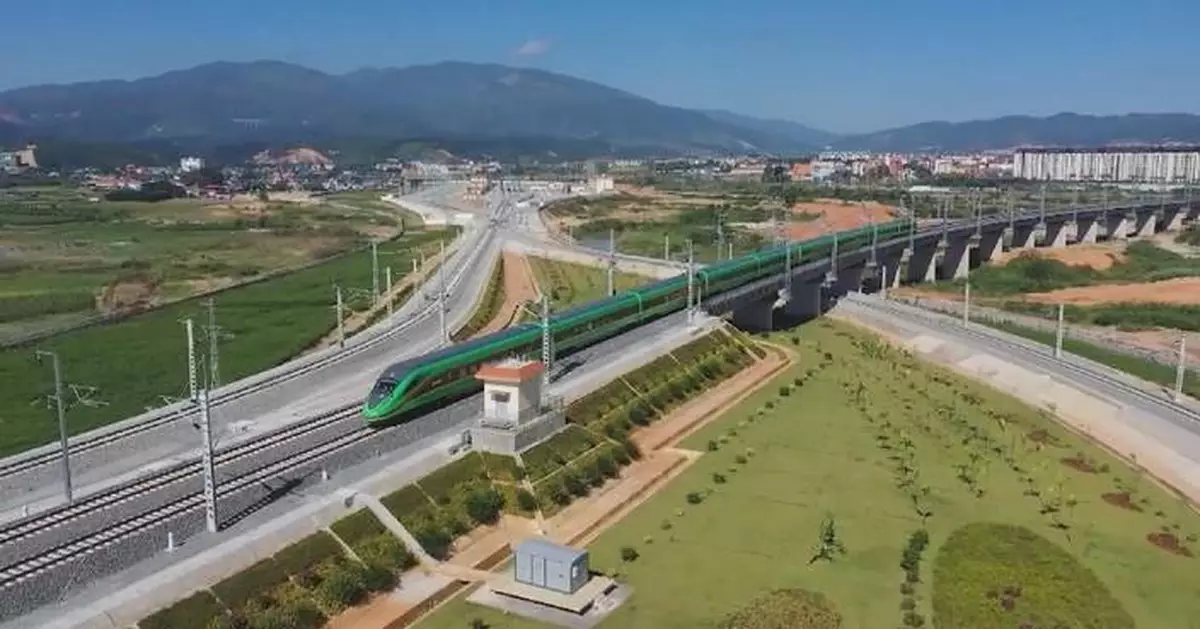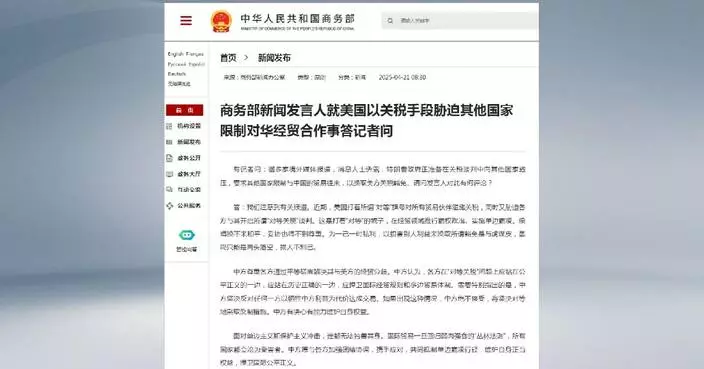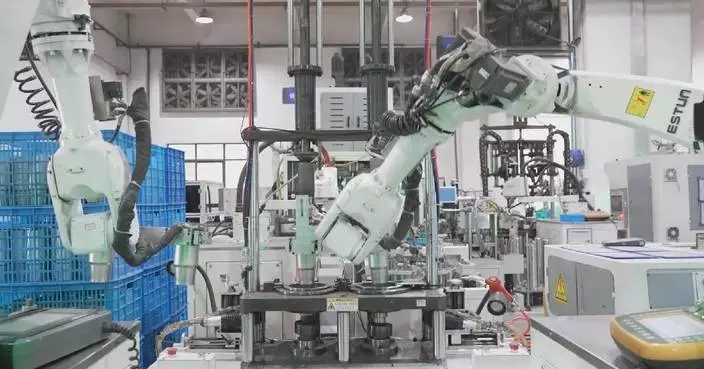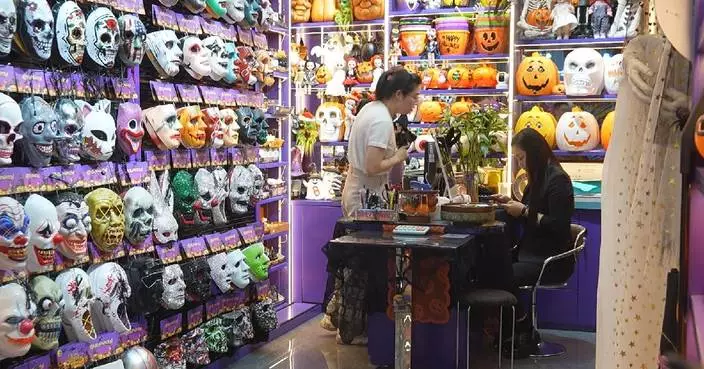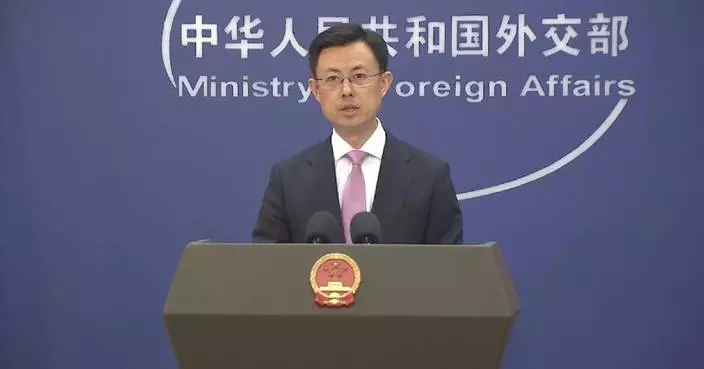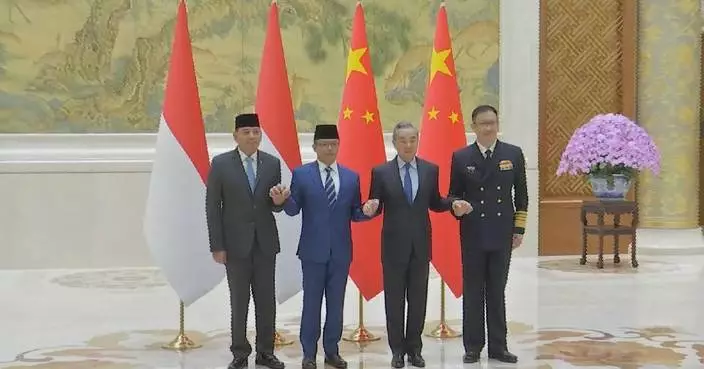China Railway Kunming Group Co., Ltd. announced on Sunday the extension of an international train service on a section of the China-Laos Railway, with more stations added to provide increased travel solutions for international passengers.
In addition to the train service linking the terminal stations of Kunming, capital of southwest China's Yunnan Province, and the Laotian capital Vientiane, there is also a shuttle train service section on the China-Laos Railway connecting Xishuangbanna of Yunnan with Luang Prabang in Laos.
From Sunday, this shuttle-service section will offer a 94-kilomenter extension to Pu'er in Yunnan, a city famous for its tea and coffee production.
The extension also features a stop at Nateuy of Laos.
As of Sunday, the section of Xishuangbanna-Luang Prabang international passenger train service on the China-Laos Railway had transported a total of 220,000 passengers, including 81,000 cross-border passengers, since its launch a year ago.
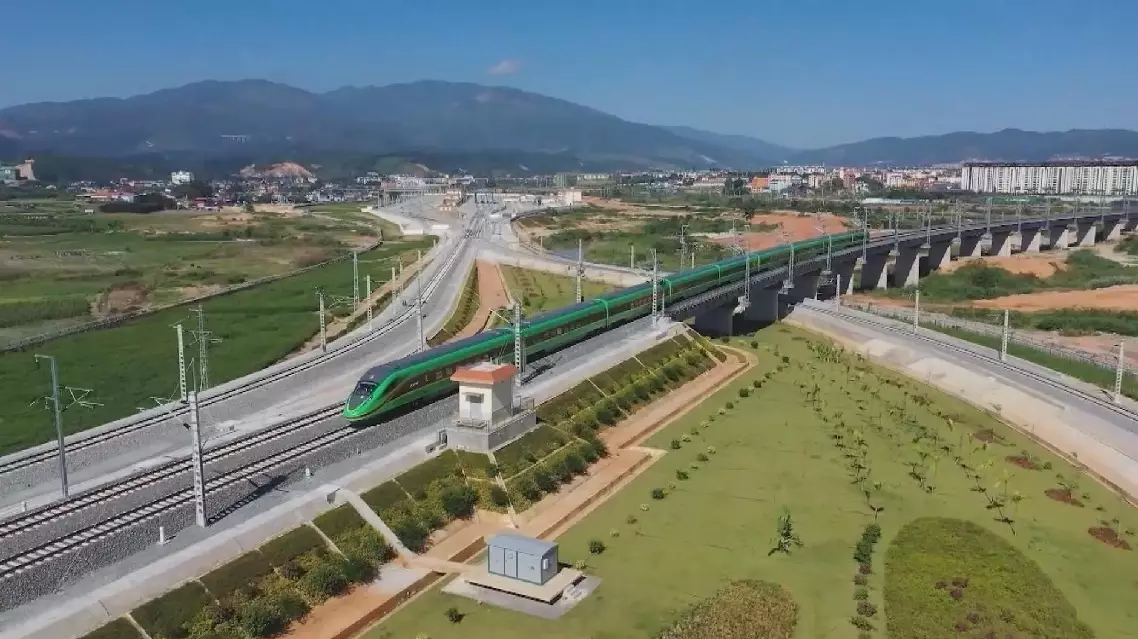
China-Laos Railway extended in shuttle-service section
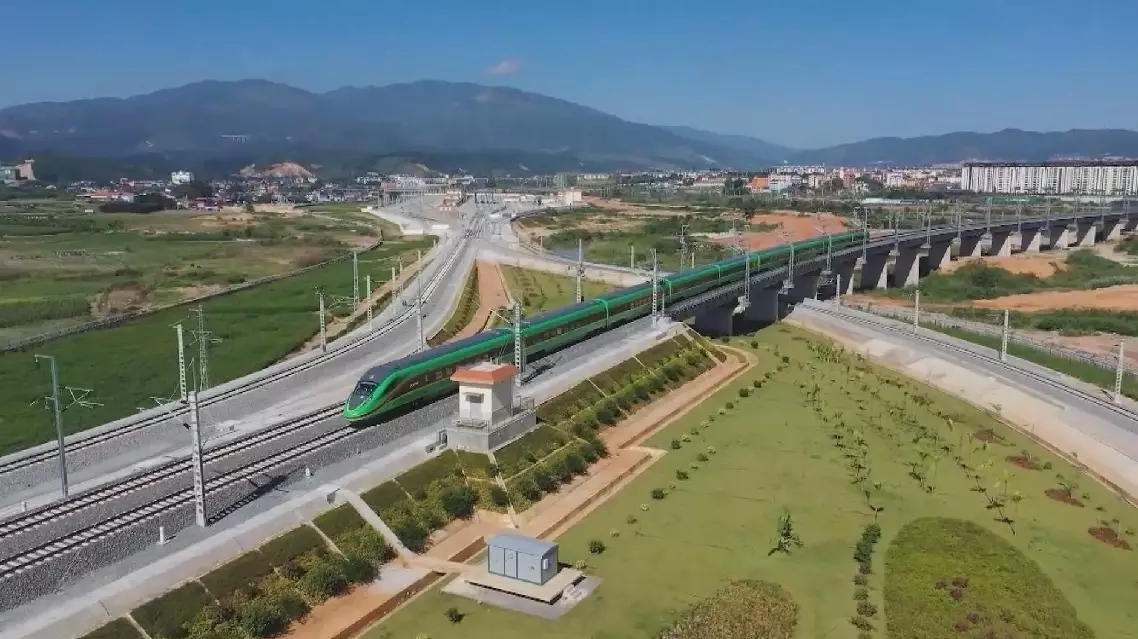
China-Laos Railway extended in shuttle-service section
Chinese exporters are stepping up efforts to tap into the domestic market, as seen at a major trade event in Nanjing over the weekend, as part of broader efforts to offset the impact of U.S. tariffs amid ongoing trade war.
The first sourcing event of the Premium Export Products Tour -- Jiangsu Stop, sponsored by the Ministry of Commerce, was held in Nanjing, capital of east China's Jiangsu Province, from April 19 to 20 to support the sales of export products in the domestic market.
The event gathered more than 200 local foreign trade enterprises displaying thousands of quality products spanning various categories, including textile, clothing, consumer electronics, light industry, and leisure.
Sun Qing, business manager of Yancheng Irid Garment Co., Ltd., attended the event as an exhibitor, showcasing the company's clothing products originally intended for export to the United States. However, due to hiking tariffs, the deal was put on hold and inventory has since accumulated.
"In 2023, our first order for U.S. customers was 2,000 pieces of clothing. This year, the order has skyrocketed to 170,000 pieces. My original delivery date was April 5, but it's already been half a month past the deadline, and now I have four containers of goods sitting in my warehouse," said Sun.
Ninety percent of the products from Sun's clothing factory were originally for export, mostly to the United States. The factory now has four million pieces of unsold stock, and some buyers are demanding a 50-percent price reduction to accept the goods.
To help exporters like Sun address their accumulated stock and navigate the current challenges, more than 80 major shopping malls, supermarkets, e-commerce platforms, and wholesale and retail enterprises across China have attended the event, focused on on-site sourcing, exploring high-quality products, and expanding domestic market opportunities for those export companies.
"By coordinating with the exporters' factory production cycles, we aim to get their products on our shelves as quickly as possible," said Liu Hongying, a procurement professional at Yonghui Superstores.
In addition, some Chinese e-commerce giants have set up their special booths at the event. They supported exporters by promoting products online, providing fast-track services, and reducing platform fees to help them better tap into the domestic market.
"Our team supports foreign trade companies on-site by selecting products, managing online advertising, providing customer service, and handling product packaging and delivery. JD.com integrates all these services, helping foreign trade companies quickly transition to domestic sales," said Qi Ting, vice president of JD Group.
For Sun, the Nanjing sourcing event provided her with an opportunity to connect with procurement professionals from various Chinese businesses, with some showing interest in selling her clothing in large supermarkets.
"These exporters are really strong in product design, production, and manufacturing. We're planning to sign a deal with some of them next week, which should help them keep sales going and give their factories a chance to keep running," said Huang Ling, a purchasing manager at Sun Art Retail Group.
"I think today's business matchmaking event gave us our first exposure to the domestic market. We were able to connect with some supermarkets, local buyers, and e-commerce platforms. It's really a great opportunity for us, at least a step toward getting into the domestic sales system," said Sun.
Currently, Jiangsu has been ramping up efforts to help foreign trade enterprises open up domestic sales channels. So far, the province has nurtured 13 leading national-level enterprises in domestic and foreign trade integration and 355 such pilot enterprises at the provincial level.
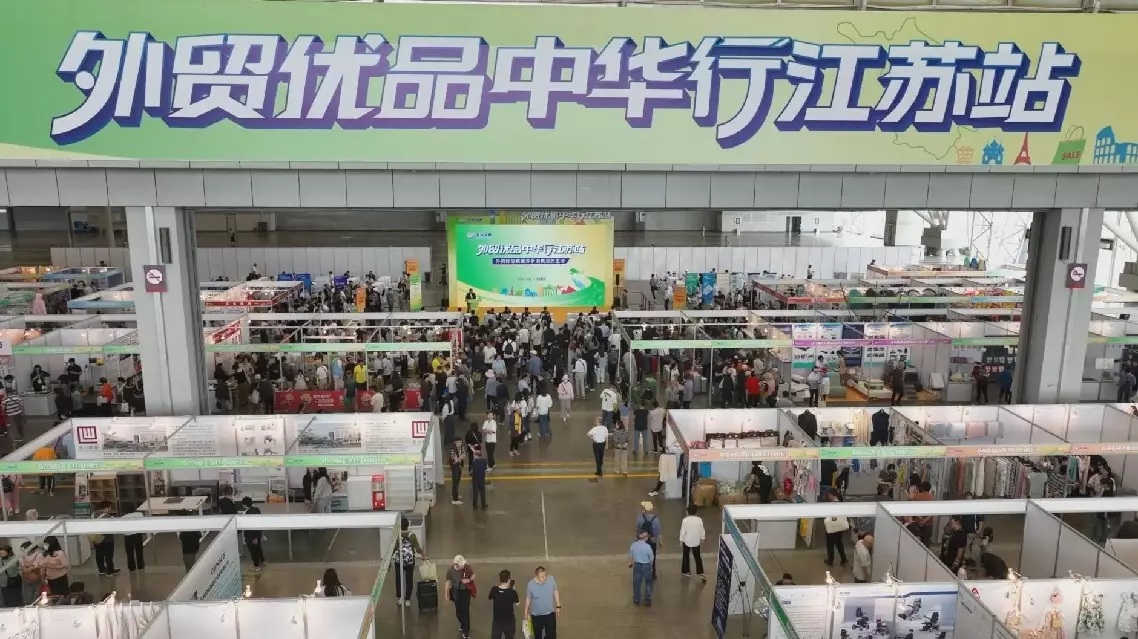
Chinese export goods target domestic market at Nanjing trade event




